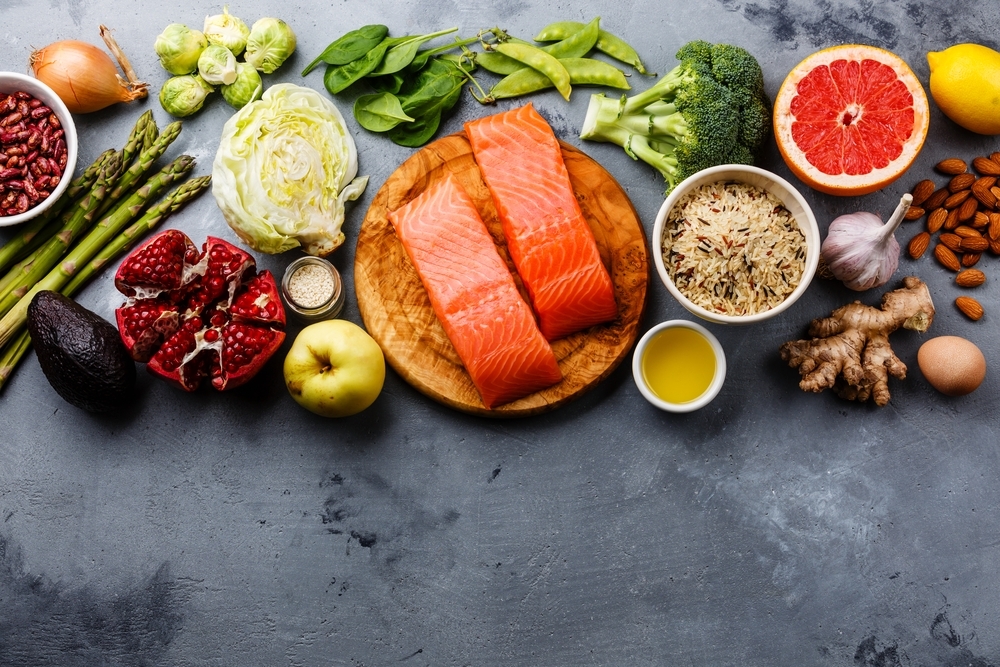Polycystic ovarian syndrome, widely known as PCOS, is a hormonal disorder that affects women in their reproductive years. It involves infrequent, irregular, or prolonged menstrual periods, and often excess male hormone (androgen) levels. Women with Polycystic Ovarian syndrome produce higher than normal level of male hormone which can affect fertility and other aspects of their general health. It can increase the risk of having endometrial cancer, diabetes, lipid abnormalities, heart disease and other grave conditions.
Around 50% of women with the disorder are overweight or obese. Common symptoms include acne, hirsutism (hairiness), and male pattern baldness.
While it is always important to consult your doctor about serious conditions, there are a few well-recognized diet and lifestyle changes that can help reduce the severity and prevalence of PCOS symptoms.
- Eat and Drink Wisely:
Women suffering PCOS often develop a resistance to the hormone insulin, which is needed to keep blood glucose levels stable. Following a healthy low Glycemic Index (GI) diet improves insulin sensitivity and is one of the best and proven ways to help manage PCOS symptoms, such as unwanted weight gain.
Consider foods such as whole grains, oats, fruits (such as apples, pears, tomatoes etc), vegetables (such as carrots, broccoli, cauliflower, celery etc), roots (like sweet potatoes, yams etc), beans, brown rice.

By decreasing the amounts of high-GI foods that cause sugar spikes, such as refined sugars, white bread, simple starches and processed foods, your blood sugars will be kept in balance which will result in less extreme cravings and mood swings
- Balance Your Daily Intake of Protein and Carbohydrates
Eating equal amounts of protein and carbohydrates assists in keeping your insulin levels even, therefore, maintaining a healthy balance of hormones. The type of carbohydrates that you eat is also an important factor in this process.

Try to consume the only wholegrain, or sprouted grain products as they naturally contain more protein and fibre than their processed equivalents. Fibre is another important element that assists in managing PCOS, as it slows the digestion of sugars within the body.
- Limit Junk Food and Avoid Binge Eating:
Junk foods can trigger binge eating episodes in some women, especially when you are stressed or emotional. Added sugars increase insulin resistance and can contribute to weight gain in the context of excess calories.

- Daily Exercise to Stay Active and Fit:
Exercise is an important component in treating PCOS as it improves insulin sensitivity, enhances metabolism, and helps to shed any excess weight which might result from hormonal imbalance. A variety of different exercise is recommended, ranging from resistance training to aerobic workouts. It is found that people who participate in resistance training showed better improvement in insulin sensitivity than those who only took part in aerobic exercise.

- Limit your Coffee intake:
Research shows that drinking two cups of coffee a day increases levels of estradiol, a natural estrogen while drinking 4 – 5 cups of coffee a day produces 70% more estrogen in the follicular phase of a woman’s menstrual cycle. This has the potential to substantially affect hormonal balance.

- Practice Meditation:
Meditation trains the mind to be more present and focused. It has been shown to reduce stress-related overeating and increase recognition of hunger and satiety signals. Thus, it may be helpful in controlling body weight in PCOS condition.








